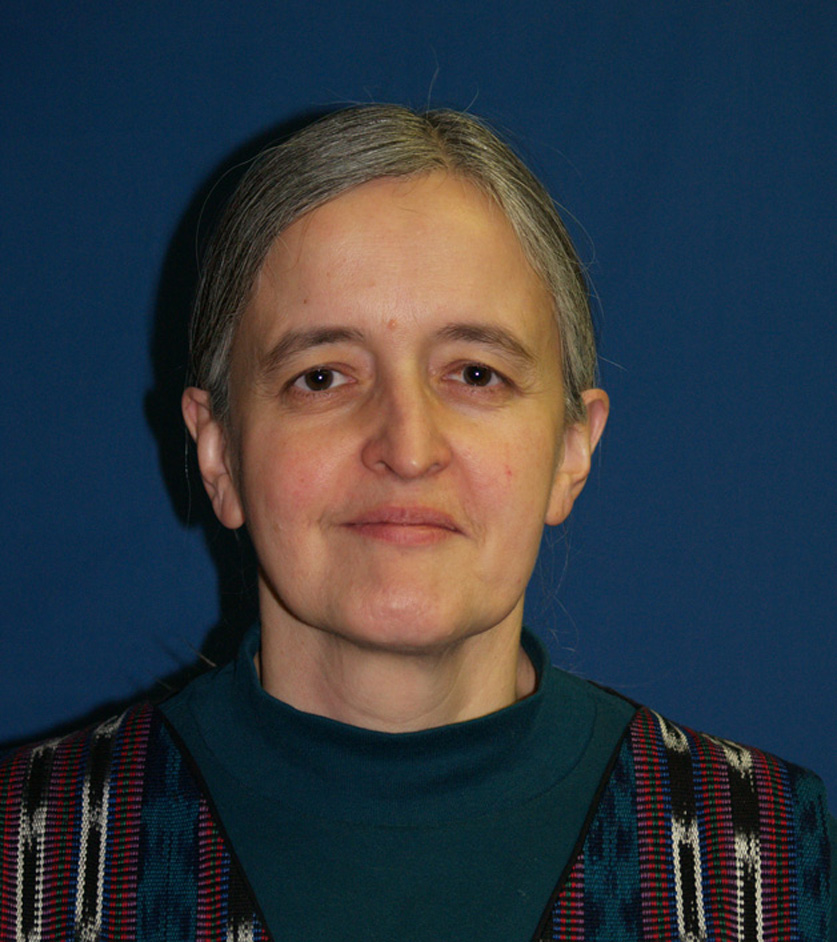The mural on the west wall of the old Gleaners Food Bank building depicts men and women bending over in a posture of perpetual backache, strong hands picking up grains under a hot sun. Inside the building, more privileged hands put in their service hours lifting and sorting the donations from churches and postal customers, to be distributed to food pantries all over town.
I walk along the Monon Trail beside the mural, picking up aluminum cans to recycle. The shirt I’m wearing is one I found on the sidewalk along 25th St., and last month I found a blue lamb’s wool sweater on the grass of an empty lot on Alabama. I have picked serviceberries from the trees in front of the liquor store at 10th and Alabama, and from bushes along Fall Creek, and have used them for jam and pies.
For three summers my oldest daughter worked as a lifeguard at the local public pool. When the lost-and-found box got full, her co-workers wanted to throw the stuff away, so she brought it home. We washed and sorted piles of towels, flip-flops and swim toys. Several bags of towels went to Goodwill.
Several people in our church regularly visit dumpsters to reclaim usable food. Sometimes they bring it to church, where there have been vigorous discussions about whether this is appropriate; those concerned about food safety face off with those concerned about waste. Our working compromise is that reclaimed food will be labeled so that those who wish to avoid it may do so.
My son is embarrassed by my gleaning. He thinks of it as something that is OK for poor people, but beneath anyone who is middle-class or higher. Perhaps his discomfort reflects an unwritten expectation in our society that middle-class people should throw things away, because they can afford to. Only the poor should skimp and save and mend and re-use.
French filmmaker Agnes Vardès, in her film The Gleaners and I, travels the French countryside filming gleaners. An underpaid man who teaches French to immigrants picks up leftover vegetables at the end of market day in a Paris suburb. Drifters help themselves to misshapen potatoes that have been rejected as not fit for sale. French law explicitly permits gleaning and defines its parameters in fields and orchards. Vardès labels herself a gleaner, too, as she combs the country for images that she can use in her film.
Like Vardès, I think that all of us are gleaners in some way. We pick up ideas and images and stories and songs and incorporate them into our life and work. We quote other scholars in our academic work and pass favorite stories along to our children. Why don’t we recognize the validity of gleaning?
Rene tells me that she and her friends had to flee from a dumpster when a police officer spotted them. Unlike France, we do not have laws permitting gleaning, and we give priority to claims of private ownership of property over the claims of the hungry. Perhaps it’s time to lobby for trash law reform and uphold the age-old claim of the gleaners.
